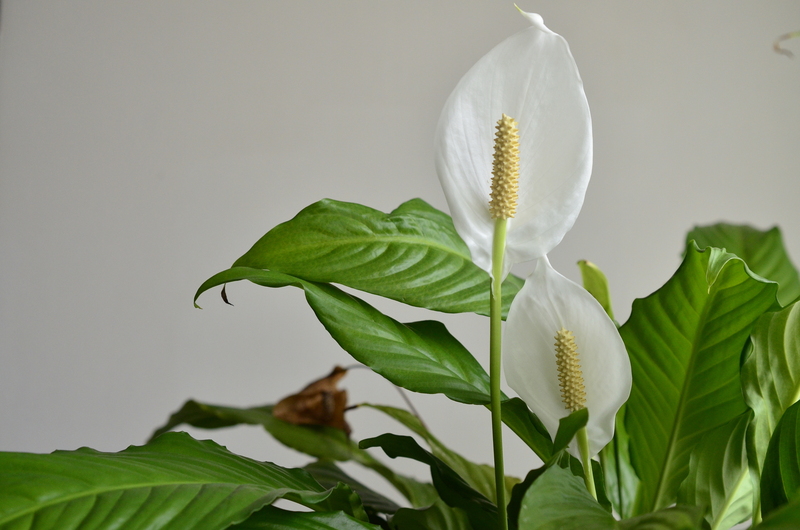Stop Pollen Intrusion in Your UK House
Pollen intrusion is a major concern for many households in the UK, especially during the spring and summer months when pollen levels are at their peak. This article will provide effective strategies for reducing the presence of pollen in your home, ensuring a healthier and more comfortable living environment.
Understanding Pollen and Its Impact
Pollen is a fine powder produced by plants as part of their reproductive process. While essential for plant life, pollen can cause a range of allergic reactions in humans, from mild discomfort to severe respiratory issues. People with hay fever are particularly affected during pollen season, experiencing symptoms like sneezing, itchy eyes, and a runny nose.

Identify High-Risk Periods
The first step in minimizing pollen intrusion is to be aware of peak pollen periods. In the UK, the highest levels of pollen usually occur between late March and September. Checking daily pollen forecasts can help you stay informed and take proactive measures during these high-risk times.
Utilize Air Purifiers and Filters
Investing in a high-quality air purifier with a HEPA filter can significantly reduce indoor pollen levels. These devices are designed to capture fine particles, including pollen, effectively removing them from the air that circulates in your home. Additionally, replacing or cleaning the filters in your heating, ventilation, and air conditioning (HVAC) systems regularly will ensure they continue to function efficiently.
Seal Your Home Against Pollen
Properly sealing your home is crucial in keeping pollen out. Weather stripping around doors and windows can prevent pollen from entering through small gaps. Additionally, keeping windows and doors closed during high pollen days is an effective way to limit exposure.
Clean Your Home Regularly
Frequent cleaning can help reduce the amount of pollen that settles on surfaces. Use a vacuum cleaner with a HEPA filter to ensure that you're not just redistributing pollen particles. Mopping floors and wiping down surfaces with a damp cloth can also prevent pollen from becoming airborne again.
Maintain Outdoor Spaces
Your garden and outdoor areas can be major contributors to indoor pollen. Regularly mowing the lawn, trimming plants, and avoiding certain high-pollen plants can reduce the amount of pollen that makes its way into your home. Washing outdoor pets regularly can also help minimize the pollen they bring inside.
Pros and Cons of Methods to Stop Pollen Intrusion
Pros:
- Improves overall air quality inside your home.
- Reduces allergy symptoms and improves health.
- Increases the lifespan of HVAC systems and air purifiers through regular maintenance.
Cons:
- Initial investment for air purifiers and high-quality filters can be costly.
- Regular maintenance and cleaning can be time-consuming.
- Keeping windows closed may reduce natural ventilation.
Tips for Reducing Pollen Intrusion
- Install door and window screens with fine mesh to catch pollen.
- Use hypoallergenic bedding and wash it regularly.
- Shower and change clothes after spending time outside.
- Dry clothes in a dryer rather than outdoor lines to avoid pollen collection.

Takeaways
Preventing pollen intrusion involves a combination of awareness, regular maintenance, and strategic investments in air quality systems. Simple practices like keeping windows closed during high pollen days, regular cleaning, and using air purifiers can drastically reduce pollen levels in your home.
Conclusion
Stop pollen intrusion in your UK house by implementing these effective strategies. From using air purifiers and sealing your home to regular cleaning and outdoor maintenance, these practices will help you create a healthier and more comfortable living environment. While some methods may require an initial investment or time commitment, the benefits of improving indoor air quality and reducing allergy symptoms far outweigh the costs.
а





